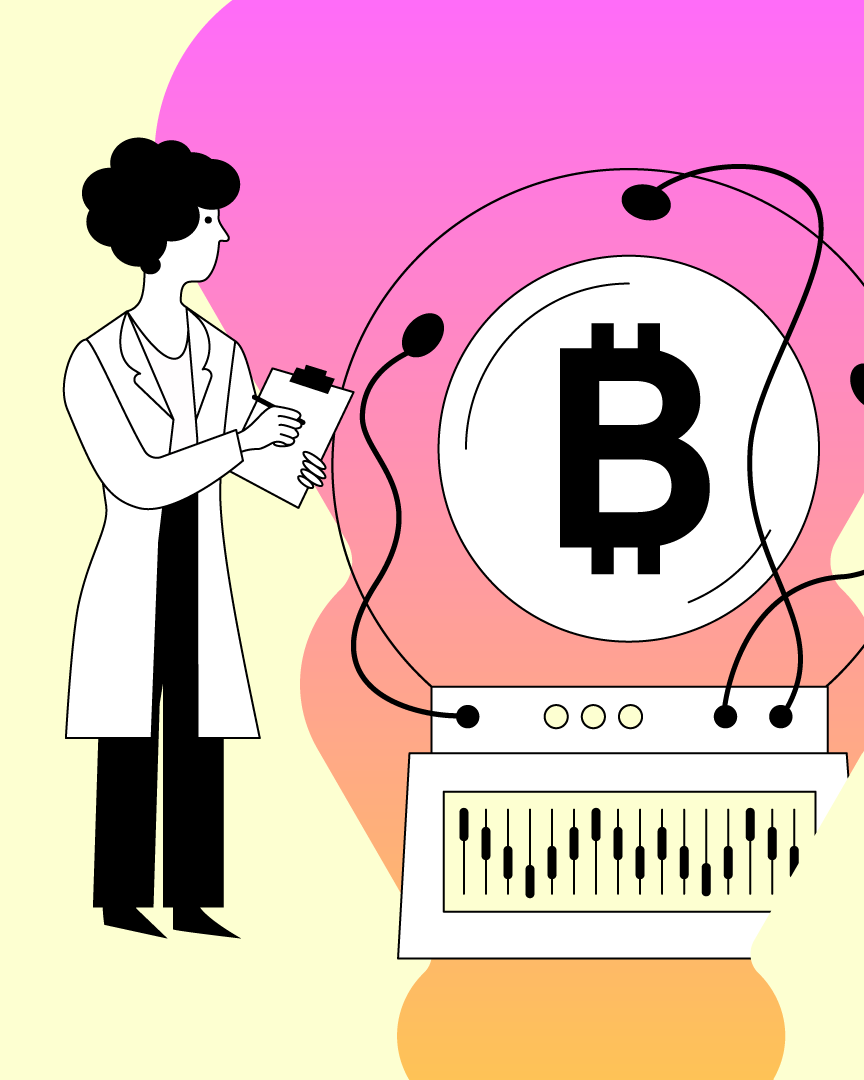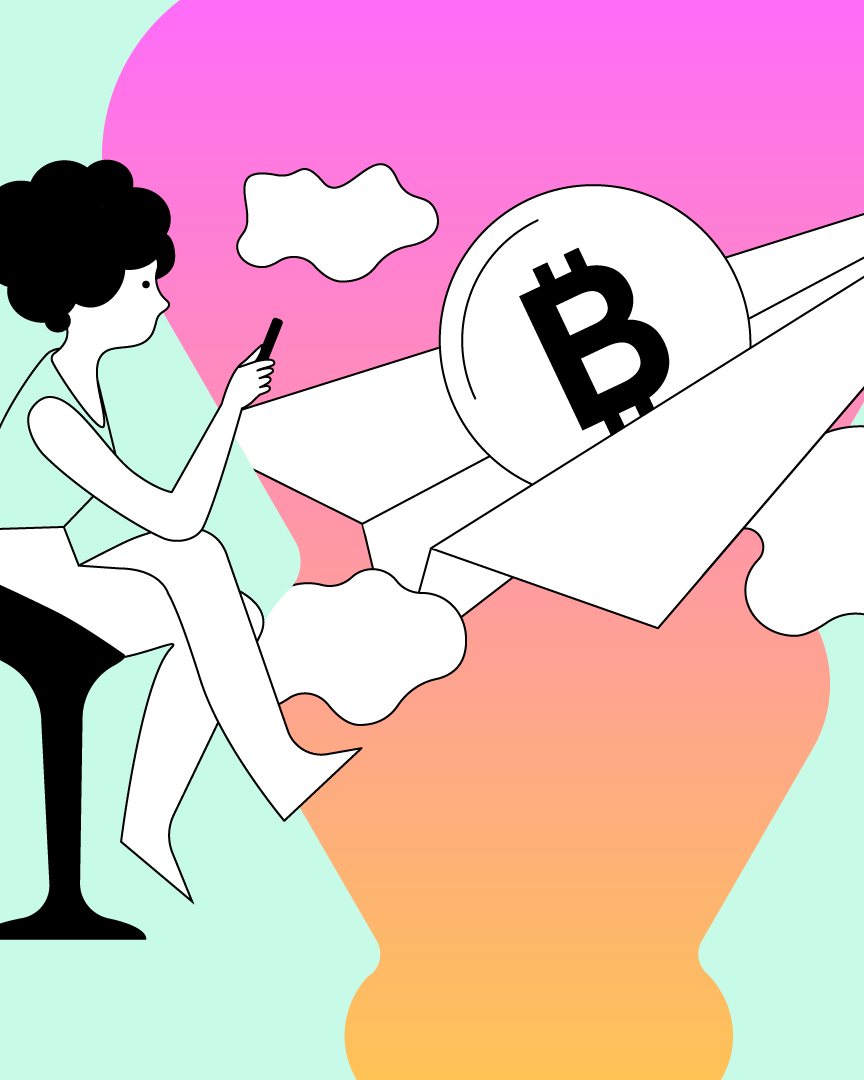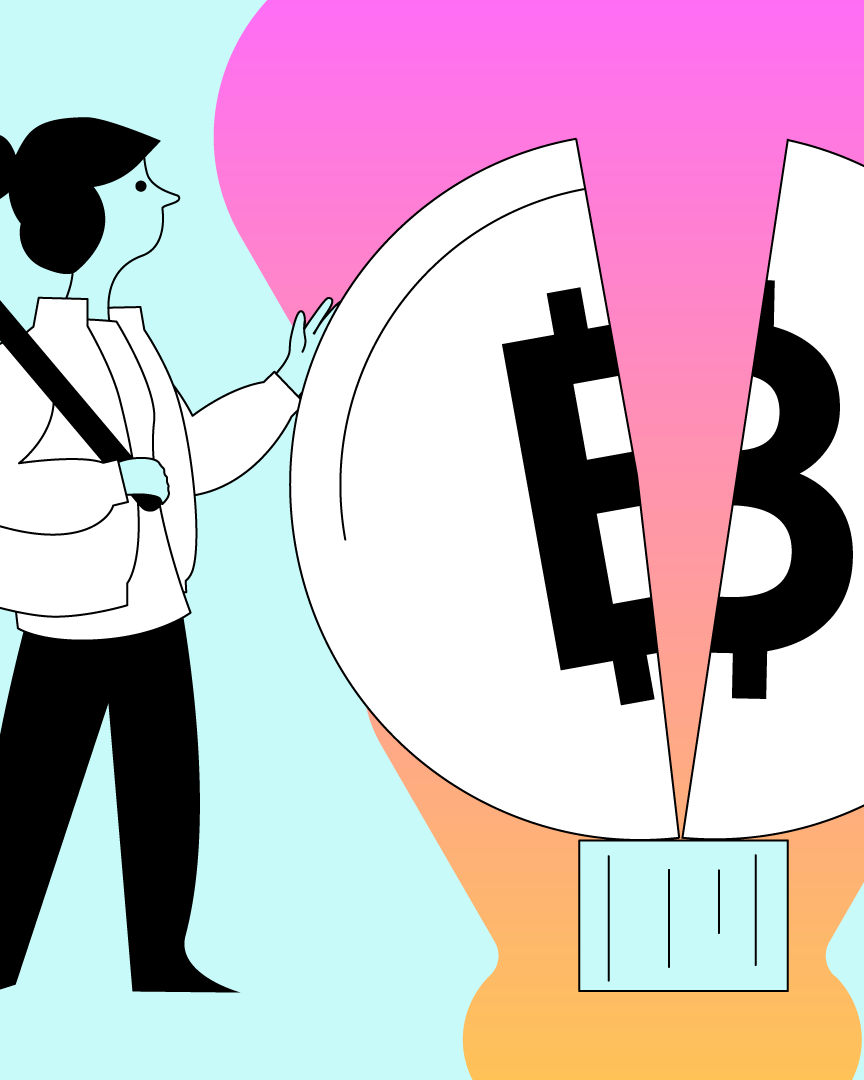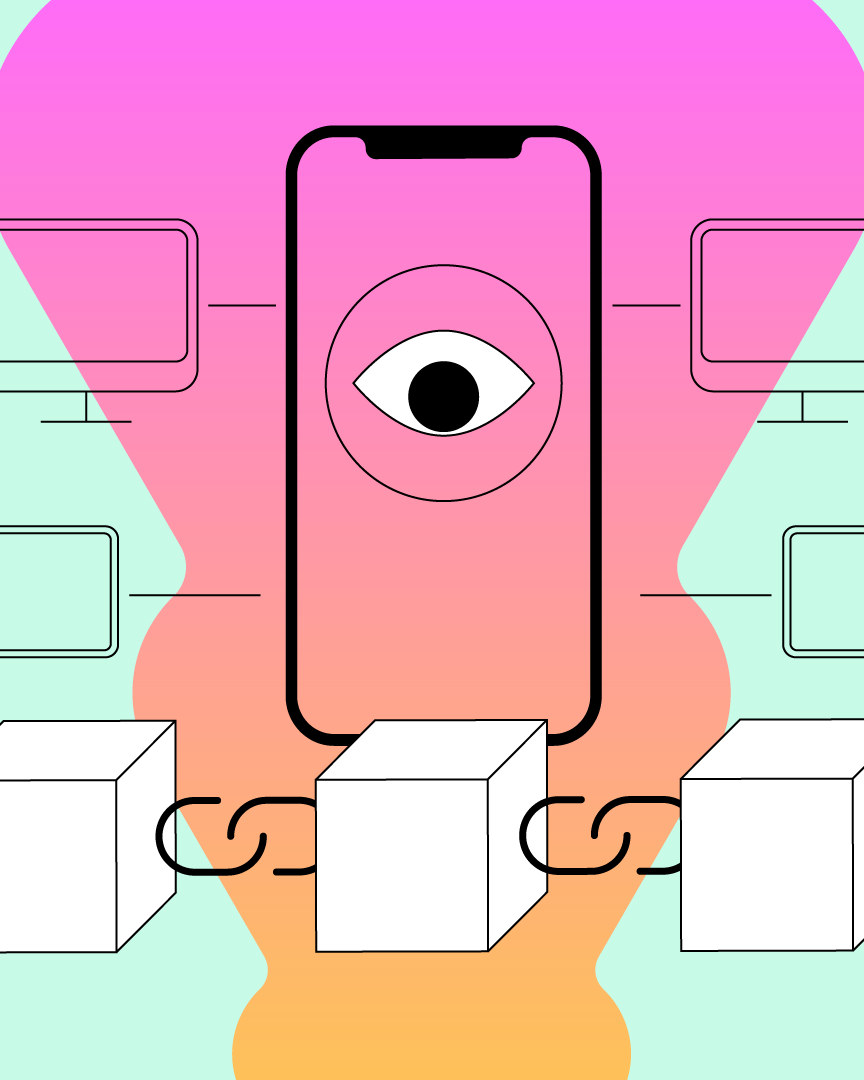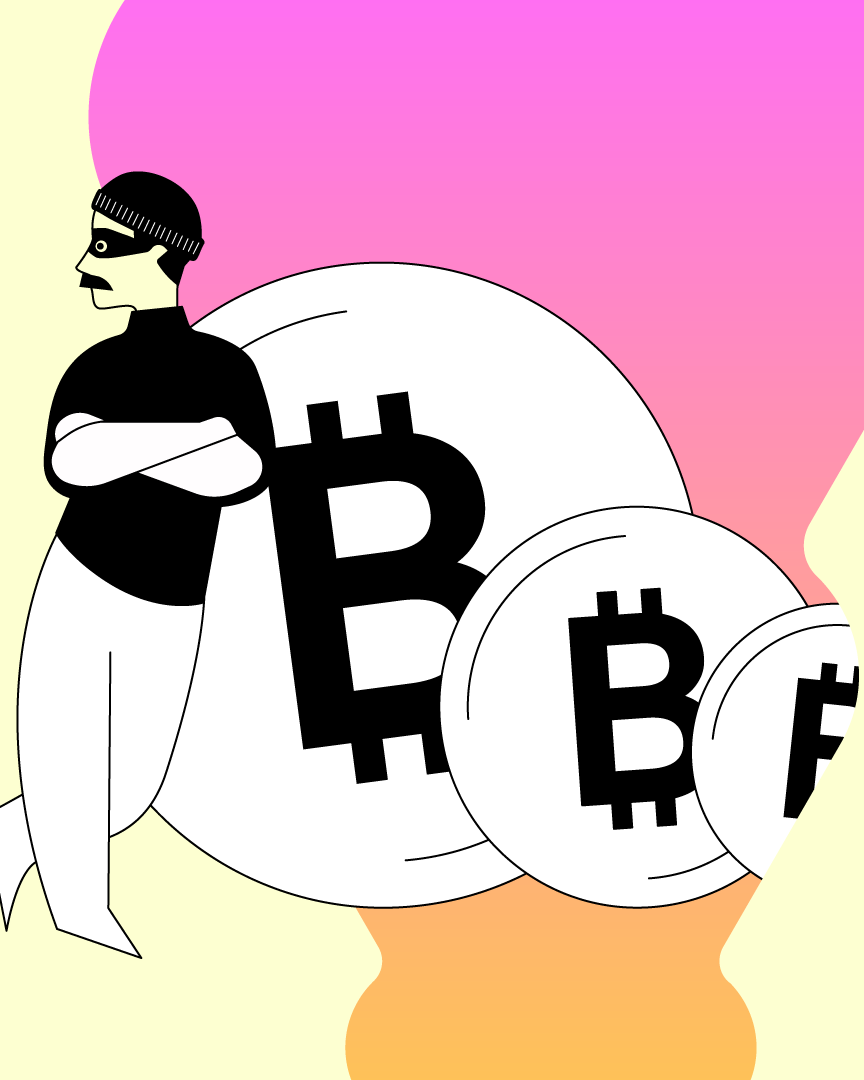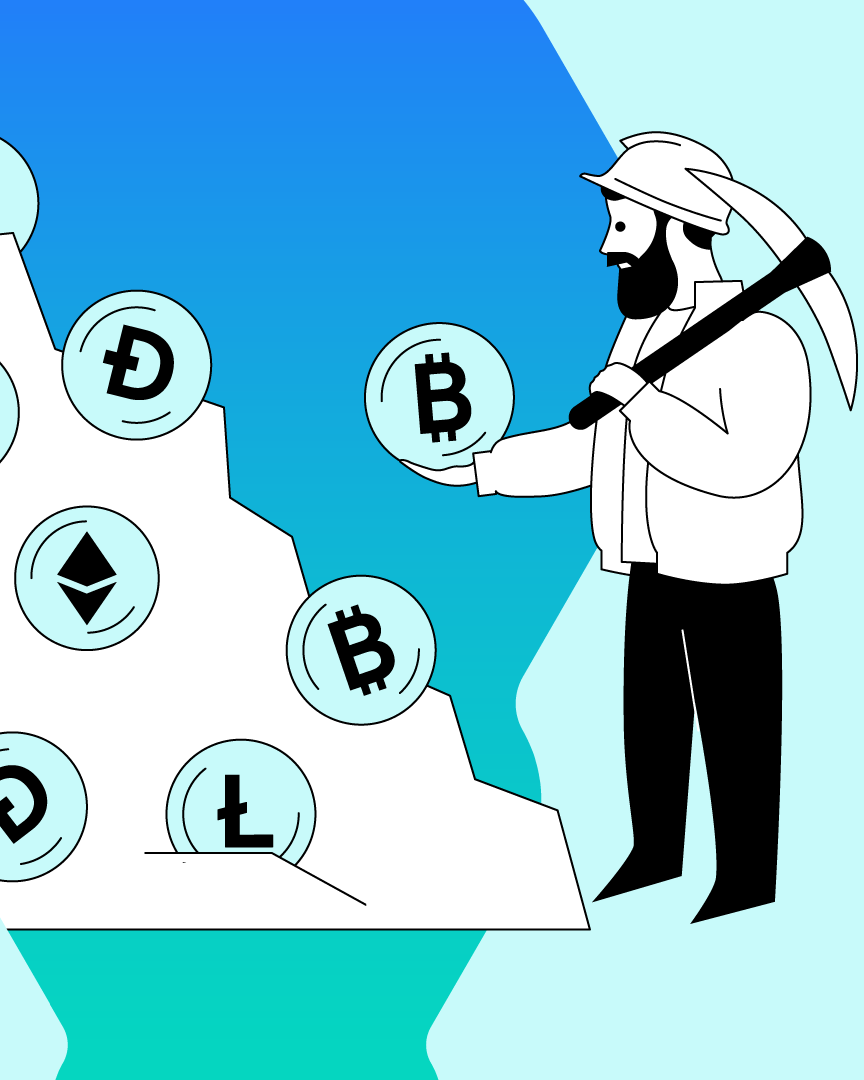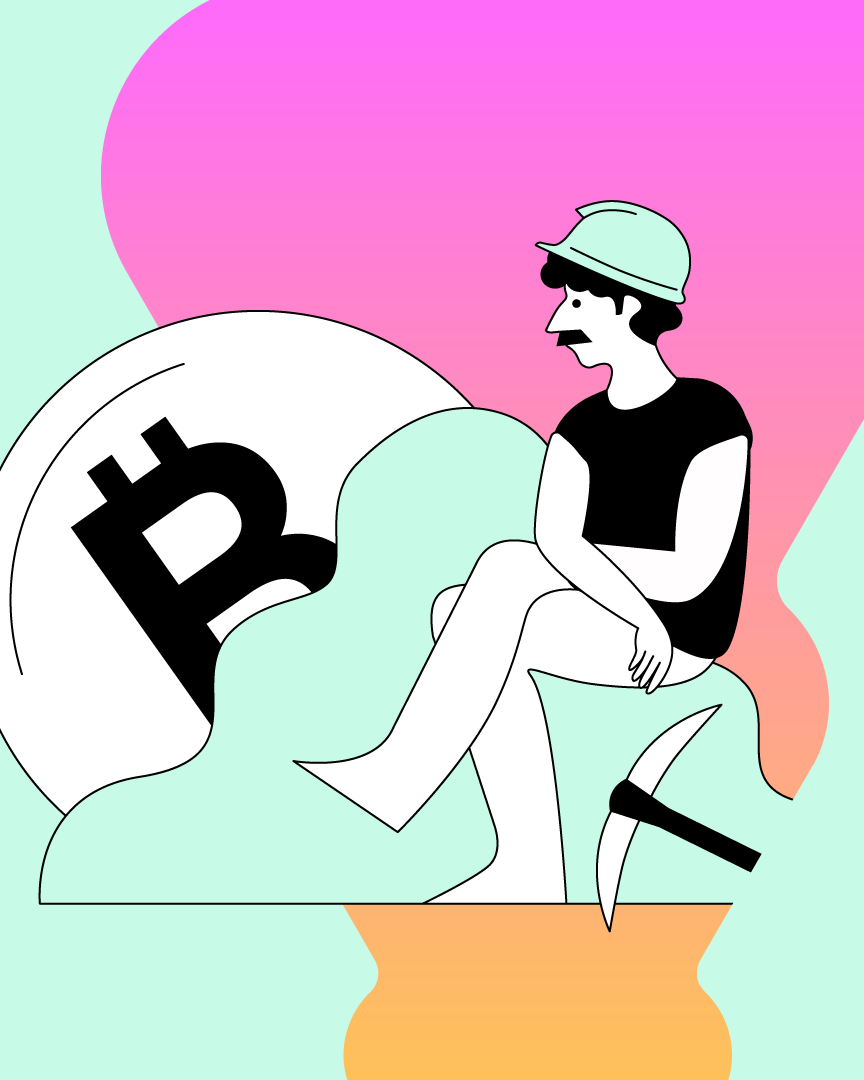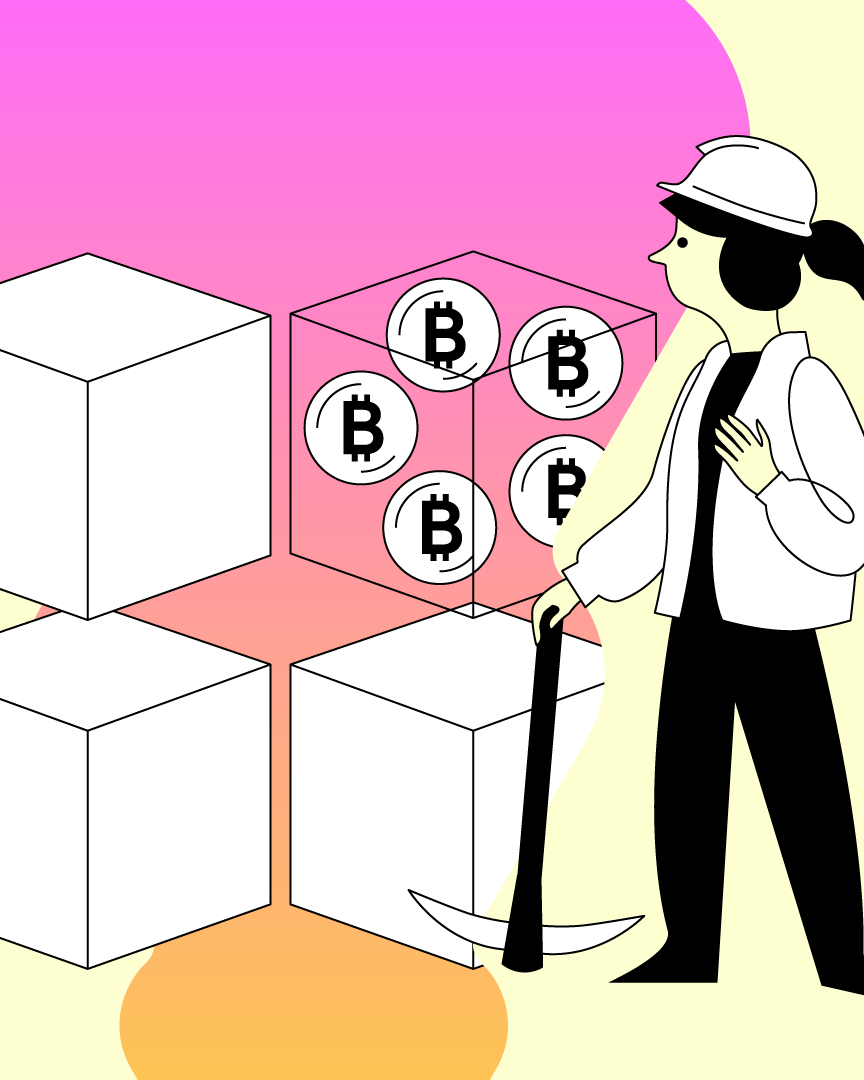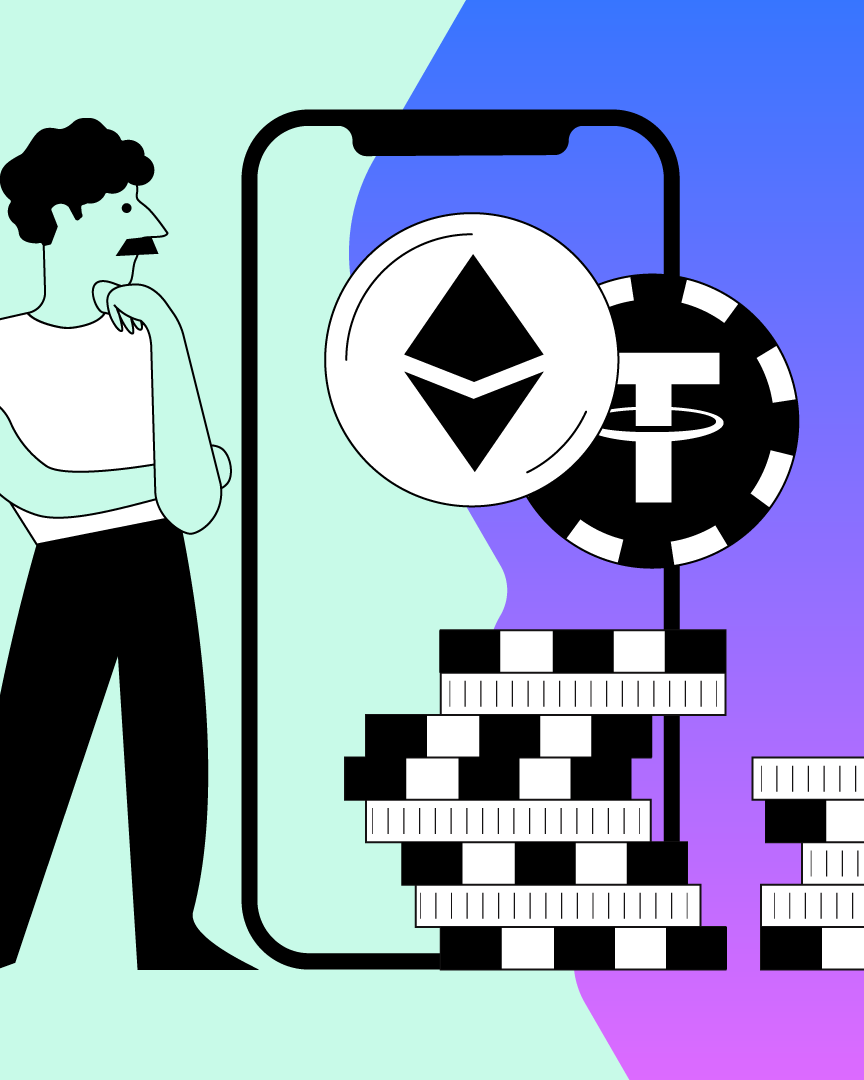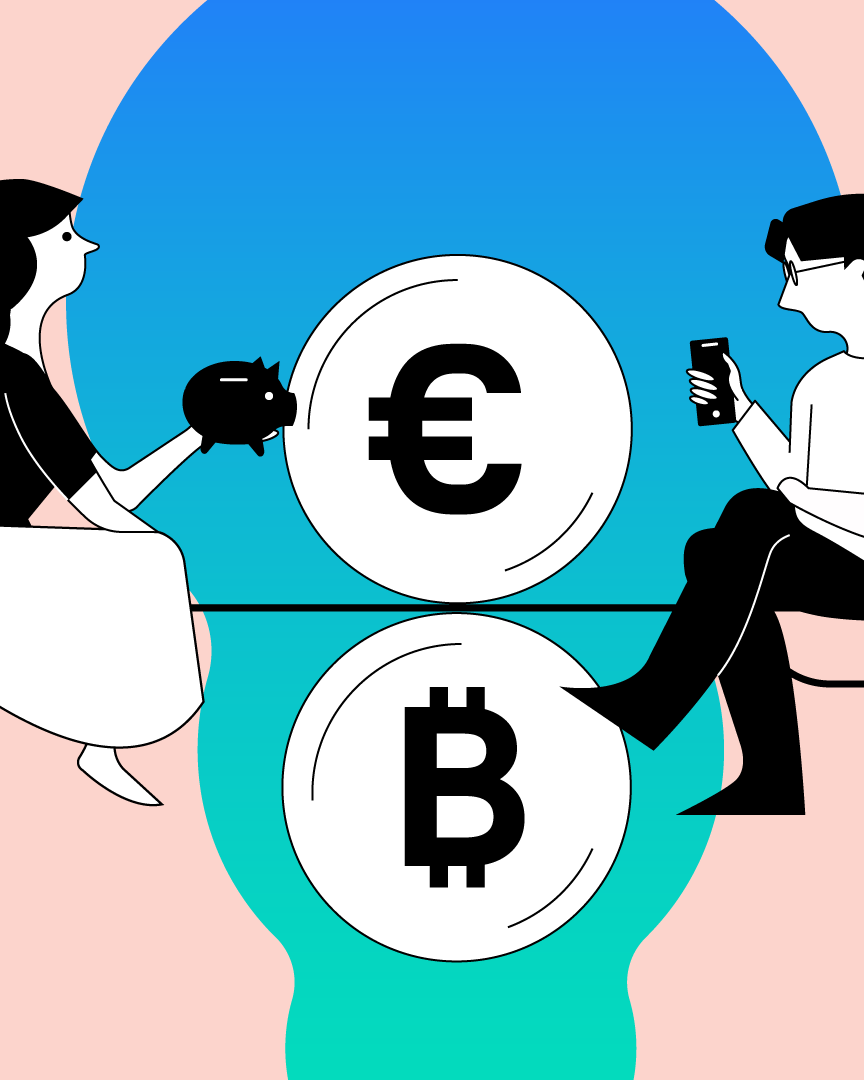1.09 How bitcoin price is defined
This lesson helps you understand what determines the price of bitcoin.

Cryptocurrency headlines are filled with the regular ups and downs in Bitcoin’s prices. While the value of Bitcoin has substantially increased since its creation, it goes without saying that it has had its fair share of bumps along the way. However, what actually determines the price of Bitcoin? What factors are responsible for the change?
This lesson helps you understand what determines the price of Bitcoin.
Contents
- Why does Bitcoin’s price change?
- How does the limited supply of Bitcoin influence its price?
- What factors determine the price of Bitcoin?
Why does Bitcoin’s price change?
The simple answer to this question lies in basic economics i.e., scarcity, utility, supply, and demand. Bitcoin’s price is subjected to the rules of supply and demand.
When there is more demand and less supply, the price increases. Alternatively, when the supply is more and there is no demand, the price decreases. This is one of the primary differences between Bitcoin and fiat currencies. While the government controls the price in fiat currency, the price of Bitcoin completely depends on the supply/demand economics.
If something is rare and useful to the people, it is said to be ‘valuable’. If we take gold, for example, it is rare and hard to find. At the same time, it presents a use case in the form of jewelry and as an investment instrument.
Bitcoin is similar to other commodities like gold and oil. Its price is established by how much someone is willing to pay for it. So, the price changes from time to time like the prices of stocks, oil, and gold.
How does the limited supply of Bitcoin influence its price?
The supply of Bitcoin is limited to 21 million. Its scarcity has been transparent since its creation. The number of Bitcoins created will decrease over time reducing its supply in the market.
In addition to the increasing demand, Bitcoin’s scarcity is one of the factors that has impacted its price over the last decade.
What determines the price of Bitcoin?
As we mentioned earlier, the market determines the price of Bitcoin following rules of supply and demand. The concept is similar to how the price of a secondhand car or a grain of gold is deduced.
The ongoing interaction or negotiation between buyers and sellers who are trading with each other determines the price of Bitcoin. It also depends on how much buyers are willing to pay for the ‘future value’ of the bitcoin.
If more people believe that the price of something will increase in the future, they are likely to pay more for it. If people do not believe in the asset and have fear, uncertainty, and doubt (FUD) about it, people pay less or do not consider buying it. As a result, its price goes down.
The mainstream adoption of Bitcoin and its technology has significantly increased. As more people are optimistic about the future of Bitcoin and are willing to pay more, its value is increasing.
However, there are instances where the Bitcoin price goes down. When there is any political pressure, technical failures, or any negative campaigns on social media, people are likely to be uncertain about the future of Bitcoin. For instance, in May 2021, Elon Musk tweeted that its company Tesla would start to accept Bitcoin after miners use more renewable energy. The statement by Elon Musk caused a 15% drop in Bitcoin’s price.
Despite all the factors, one thing is for sure: The more people adopt Bitcoin, the greater will be the increase in its price.
DE
This material does not constitute investment advice, nor is it an offer or solicitation to purchase any cryptocurrency assets.
This material is for general informational and educational purposes only and, to that extent, makes no warranty as to, nor should it be construed as such, regarding the reliability, accuracy, completeness or correctness of the materials or opinions contained herein.
Certain statements in this educational material may relate to future expectations that are based on our current views and assumptions and involve uncertainties that could cause actual results, performance or events to differ from those statements.
BB Trade Estonia OU and its representatives and those working directly or indirectly with BB Trade Estonia OU do not accept any liability arising from this article.
Please note that investing in cryptocurrency assets carries risks in addition to the opportunities described above.









